
Climate study enters deep freeze
Australia is launching a globally significant research campaign in remote Antarctica to understand a ‘canary in the coal mine’ of catastrophic climate change: a glacier holding 1.5m of potential sea level rise.

Australia is launching a globally significant research campaign in remote Antarctica to understand a ‘canary in the coal mine’ of catastrophic climate change: a glacier holding 1.5m of potential sea level rise.

At 37.2m long, the titanosaur — named Patagotitan mayorum — only just fits into the exhibition hall at London’s Natural History Museum.

Water found embedded in microscopic glass beads could help future astronauts produce drinking water and breathable air.

Doctors have for the first time restored a blind man’s sight in one eye by combining tissue from both eyes.

There are strategies for directing our imaginations during the REM phase of sleep. Here are some of the ways to take control.

Thomas Kast drives guests around the fringe of the Arctic Circle in his van for a glimpse of one of the greatest shows on earth.

It revolutionised sex, providing many joyful and regrettable freedoms, while letting men off the hook. Side effects also beg the question: where are the alternatives?

Walk four times a week; do squats in the morning. How to up your exercise game

After the extinction of thylacines and decimation of Tasmanian devils, a new project aims to shore-up another troubled Tassie carnivore – eastern quolls.

The world’s first 3D-printed rocket suffered an ‘anomaly’ after take-off.

A ‘weird, crazy’ object the size of a football field baffled researchers as it flew through our solar system – but it turned out to be something extremely common.

Australia recorded relatively more ‘excess deaths’ during the pandemic than Sweden, new OECD analysis reveals.
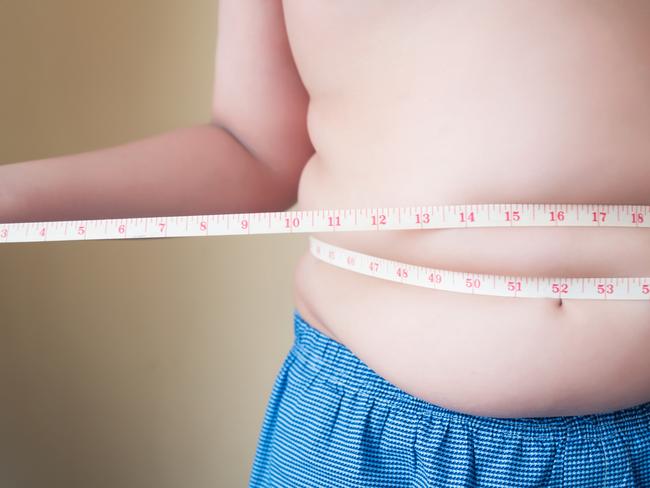
It will become much harder to tell Australian kids to simply ‘eat less and exercise more’ following the publication of a massive study.
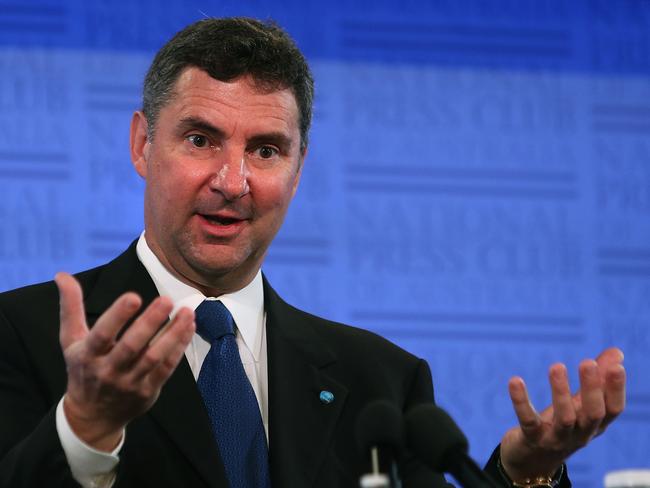
The national science agency’s AquaWatch mission will deliver groundbreaking earth-to-space monitoring of water quality.

Australia will not be sitting on the sidelines as the world enters a new golden age of space exploration over the next decade, says former NASA science head Thomas Zurbuchen.
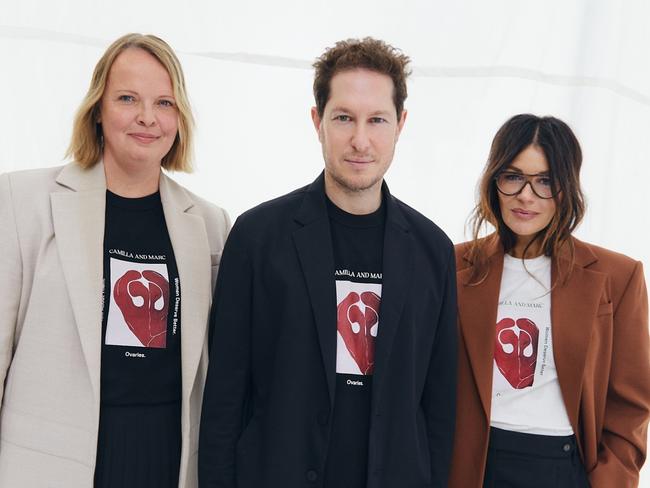
Four years into their crusade to end deaths from ovarian cancer, Camilla Freeman-Topper and Marc Freeman say they are just getting started.

UN Secretary-general calls on wealthy G20 countries to bring forward carbon neutral goals to 2040 ‘to defuse climate time bomb’.
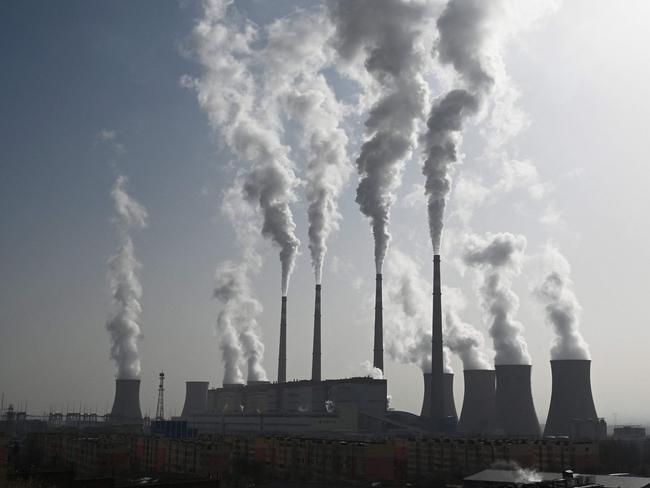
Global carbon dioxide emissions are still rising but the rate of increase is slowing as billions of tonnes each year are being saved in developed countries, a major report says.

The number of adults with arthritis waiting for joint replacements has exploded in recent years, prompting calls for greater preventive healthcare.

Vapes are harming children, adolescents and young adults by addicting them to nicotine while there is conclusive evidence linking e-cigarettes to poisoning, seizures and lung injuries.

Babies born weighing less than 1kg have had stem cells harvested from their umbilical cords for the first time, with scientists then reinjecting the cells into the newborns to protect their brains.

A groundbreaking study has provided scientific backing for a non-intrusive therapy that claims to ease the severity of Parkinson’s symptoms.

Adopting a language in addition to one’s mother tongue may not just serve as an impressive skill – it could be a way to fight frontotemporal lobe dementia.

Stretching for more than 15m, it was more than seven times longer than the neck of an adult giraffe.

Axiom Space was awarded a $US228.5m contract to design the suit for Artemis III.
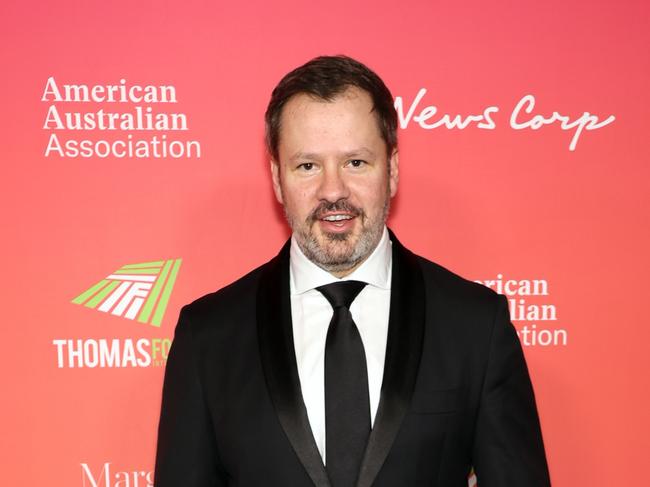
In a world-first, Australian business, science and standards organisations have signed up to develop ‘safe and ethical’ artificial intelligence systems.

The Heart Research Institute’s Ashish Misra is behind the world-first discovery which opens the door for GPs to calculate a person’s risk of the neurodegenerative disease

Researchers are working to rewrite Australia’s reputation as allergy capital of the world, with their work helping children kick hypersensitivities

There is no sound, scientific or ecological reason why the sustainable harvest of kangaroos should not continue, experts say.

Why are some 90-year-olds sharp while those 10 years their junior aren’t?
Original URL: https://www.theaustralian.com.au/science/page/18